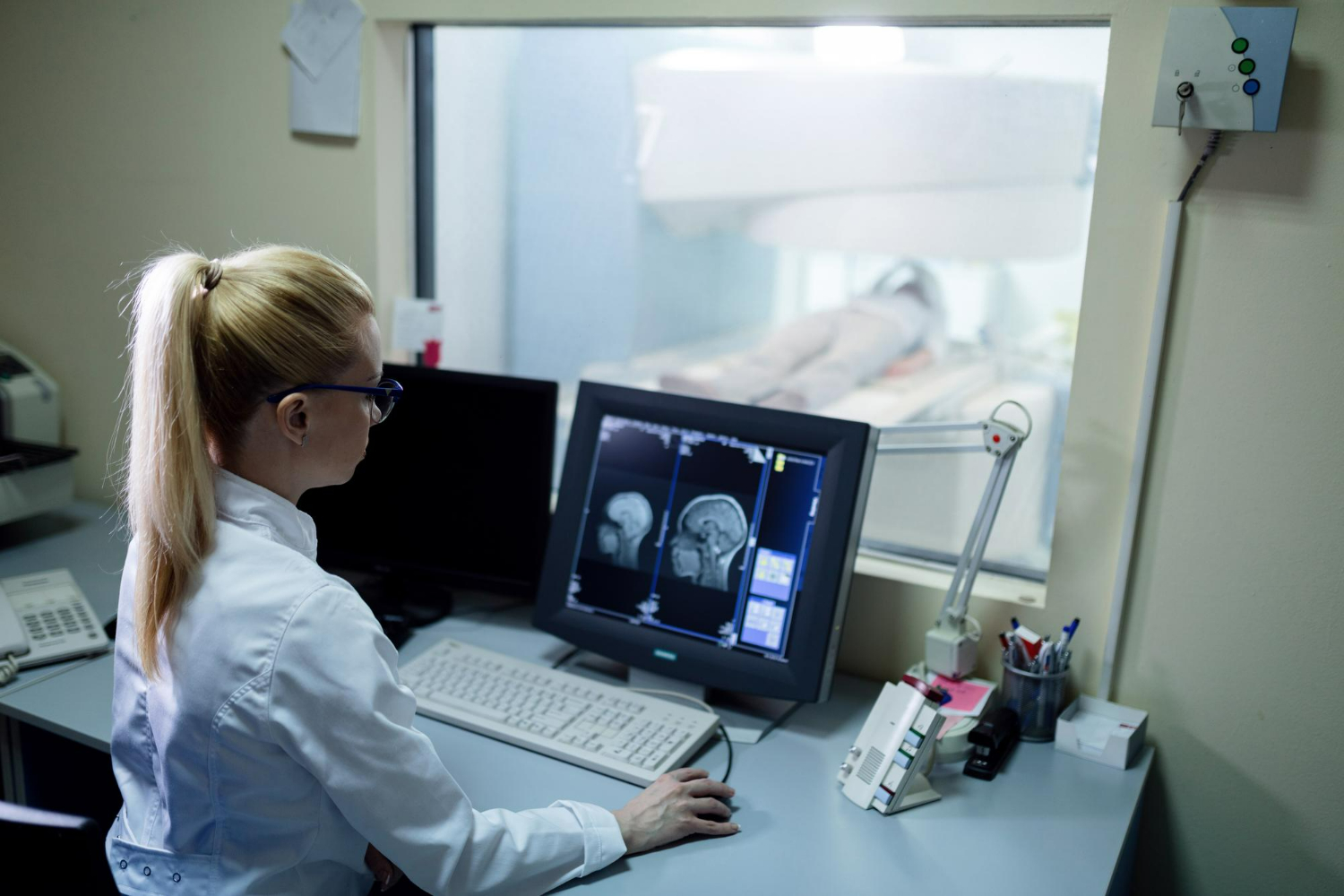Stomach flu, medically known as viral gastroenteritis, is a common ailment characterized by inflammation of the stomach and intestines. While most cases of stomach flu resolve on their own with rest and hydration, certain complications can arise, necessitating prompt medical attention to prevent further health risks. In this article, we will explore when it’s crucial to seek medical help in the event of stomach flu complications.
Introduction
Definition of Stomach Flu
Stomach flu, or viral gastroenteritis, refers to inflammation of the stomach and intestines caused by viral infection. It typically presents with symptoms such as nausea, vomiting, diarrhea, abdominal cramps, and fever.
Brief Overview of Common Complications
Although stomach flu is usually self-limiting, complications can occur, especially in vulnerable populations or when severe symptoms persist.
Recognizing Severe Symptoms
Persistent Vomiting
Continuous vomiting, especially if it persists for more than 24 hours, can lead to dehydration and electrolyte imbalances, warranting medical evaluation.
High Fever
A persistent high fever, particularly in infants and young children, may indicate a more serious underlying infection requiring medical intervention.
Severe Dehydration
Signs of dehydration such as excessive thirst, dry mouth, dark urine, and dizziness require immediate medical attention to prevent complications.
Extreme Abdominal Pain
Intense and persistent abdominal pain, especially if accompanied by other concerning symptoms, may indicate a more severe condition requiring medical evaluation.
Blood in Vomit or Stool
The presence of blood in vomit or stool suggests potential gastrointestinal bleeding, necessitating urgent medical assessment and treatment.
Vulnerable Populations
Infants and Young Children
Young children, especially infants, are more susceptible to dehydration and complications due to their smaller body size and limited fluid reserves.
Elderly Individuals
Elderly individuals may have weakened immune systems and underlying health conditions that increase their risk of severe complications from stomach flu.
Immunocompromised Individuals
People with weakened immune systems, such as those with HIV/AIDS or undergoing chemotherapy, are at higher risk of severe illness and complications from viral gastroenteritis.
Importance of Timely Medical Intervention
Preventing Complications
Seeking medical attention promptly can help prevent dehydration, electrolyte imbalances, and other serious complications associated with stomach flu.
Avoiding Hospitalization
Timely medical intervention can often prevent the need for hospitalization by managing symptoms effectively and addressing complications early.
Ensuring Proper Treatment
Medical evaluation ensures appropriate treatment and supportive care, which is crucial for managing symptoms and preventing complications.
Diagnostic Procedures
Physical Examination
A thorough physical examination by a healthcare provider can help assess the severity of symptoms
Laboratory Tests
Blood tests and stool samples may be conducted to identify the causative virus or bacteria and assess for signs of dehydration or electrolyte imbalances.
Imaging Studies
In severe cases or when complications are suspected, imaging studies such as abdominal ultrasound or CT scans may be performed to evaluate the extent of gastrointestinal inflammation or other abnormalities.
Treatment Options
Rehydration Therapy
Fluid replacement is a cornerstone of treatment for stomach flu complications to prevent dehydration and restore electrolyte balance.
Medications for Symptom Relief
Antiemetics may be prescribed to control nausea and vomiting, while antidiarrheal medications can help alleviate diarrhea symptoms.
Antiviral Medications (if applicable)
In cases of viral gastroenteritis caused by specific viruses such as norovirus, antiviral medications may be prescribed in certain situations.
Hospitalization and Intravenous Fluids (in severe cases)
Severe dehydration or complications may necessitate hospitalization for close monitoring and intravenous fluid administration to ensure rapid rehydration.
Potential Complications
Electrolyte Imbalance
Prolonged vomiting and diarrhea can lead to electrolyte imbalances, which may result in muscle weakness, cardiac arrhythmias, or other serious complications.
Kidney Failure
Severe dehydration and electrolyte imbalances can impair kidney function, leading to acute kidney injury or kidney failure if left untreated.
Pneumonia
Aspiration of vomit or bacteria from the gastrointestinal tract can lead to pneumonia, particularly in elderly or immunocompromised individuals.
Septicemia
In rare cases, severe gastrointestinal infections can lead to bloodstream infections (septicemia), which require immediate medical treatment with antibiotics.
Intestinal Perforation
In severe cases of gastrointestinal inflammation or obstruction, there is a risk of intestinal perforation, a life-threatening condition that requires emergency surgical intervention.
Long-Term Effects
Impact on Gut Health
Stomach flu can disrupt the balance of beneficial bacteria in the gut, potentially leading to long-term digestive issues or alterations in gut microbiota.
Nutritional Deficiencies
Prolonged vomiting and diarrhea can result in nutrient depletion and malnutrition, especially in vulnerable populations such as children and the elderly.
Psychological Impact
The physical discomfort and distress associated with stomach flu, especially when complications occur, can have psychological ramifications such as anxiety or post-infectious stress.
Preventive Measures
Proper Hygiene Practices
Frequent handwashing, especially before eating or preparing food, can help prevent the spread of stomach flu and other gastrointestinal infections.
Vaccination
Vaccination against certain viruses such as rotavirus can help reduce the risk of stomach flu, particularly in young children.
Food Safety Measures
Practicing food safety measures such as proper cooking and storage of food items can help prevent foodborne illnesses that can cause stomach flu.
Conclusion
Importance of Prompt Medical Attention
Recognizing the signs of severe symptoms and seeking timely medical attention is crucial for preventing complications and ensuring prompt recovery from stomach flu.
Encouragement for Seeking Help When Necessary
Individuals experiencing severe or persistent symptoms of stomach flu should not hesitate to seek medical evaluation and treatment to avoid potential complications and promote optimal health outcomes.



















